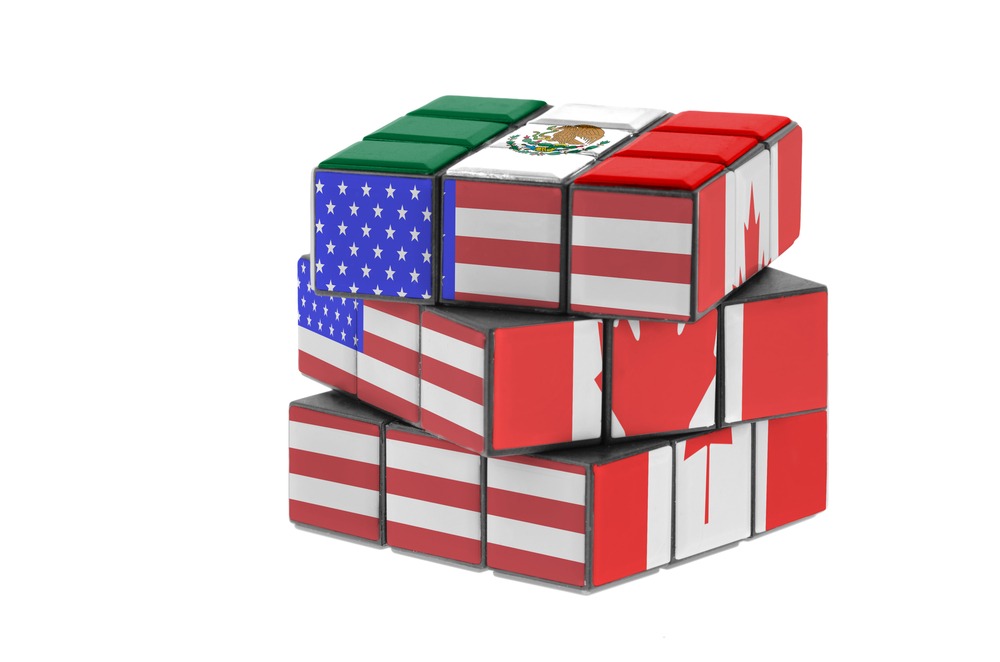
In response to reports that the Trump Administration was open to terminating the North American Free Trade Agreement (NAFTA), an international group of automotive trade associations submitted a public joint submission statement to United States Trade Representative Robert Lighthizer in support of the trade deal.
The letter, signed by the U.S.-based Auto Care Association, the Automotive Industries of Canada, and the Asociación Nacional De Representantes, Importadores y Distribuidores de Refacciones y Accesorios Para Automóviles, A.C. (ARIDRA) of Mexico, was drafted as a result of a recent meetings between the associations during the Auto Care Association’s Spring Leadership Days in San Antonio, Texas
“While much of the attention has been focused on the NAFTA provisions that eliminated import
tariffs on goods, NAFTA does much more than just reduce tariffs/duties,” the statement said. “It includes provisions to facilitate customs administration, it provides for protections for service providers, it includes investment disciplines that protect the rights of foreign investors, it protects intellectual property rights and it facilitates business travel.”
They continued, stating that the elimination of tariffs, foreign investment protections, and opening of the services markets facilitate the integration of regional supply/value chains, which included duty-free movements of raw materials, components, and finished goods for the auto care sector.
Absent the agreement, the statement noted, import tariffs would revert World Trade Organization (WTO) rates for trade among the three countries, which would cause extensive differences in duty rates for auto parts.
While the organizations were universally against eliminating NAFTA, the letter stated that they were open to modernizing the agreement with respect to commence provisions and efforts to streamline customs procedures.
“A sizable number of citizens of all three countries do at least some shopping online, and one of NAFTA’s largest shortcomings is its lack of ecommerce provisions that protect and promote cross-border transactions,” the statement said.